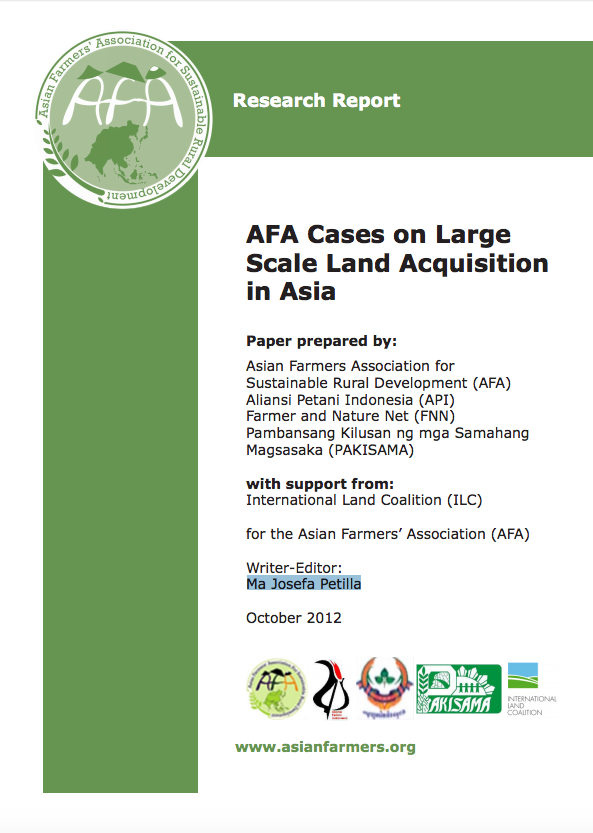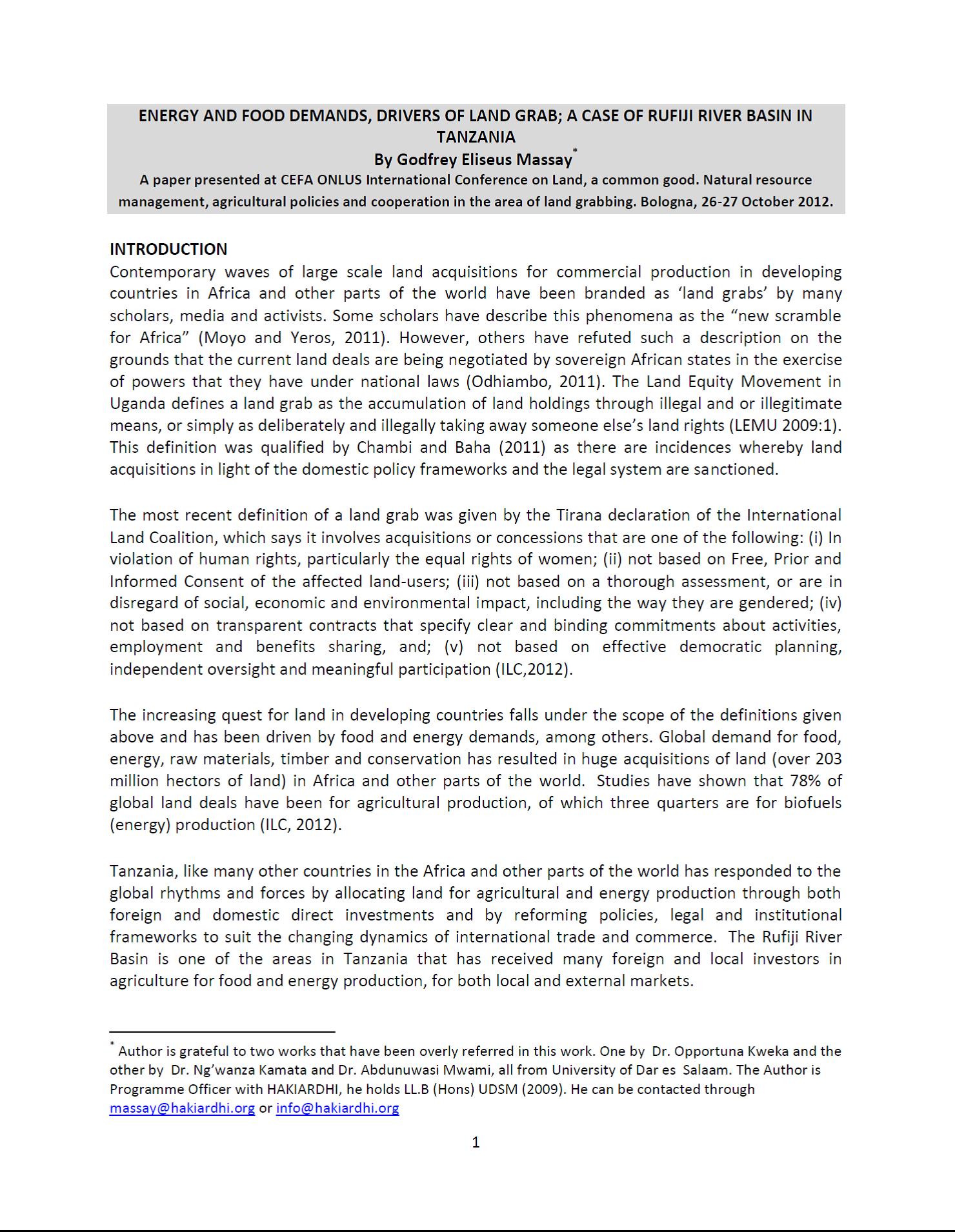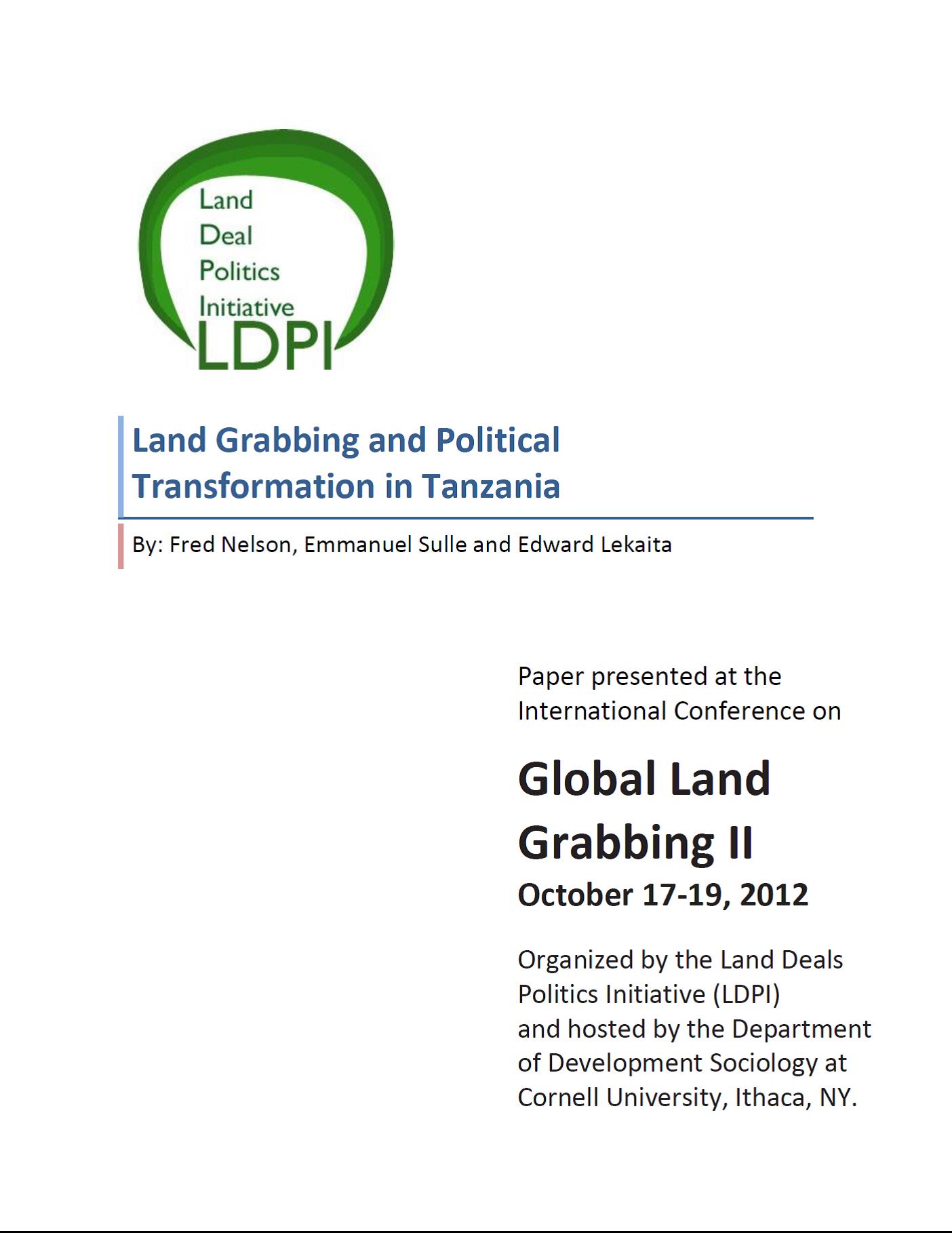2012 Global Hunger Index
The Challenge of hunger: ensuring sustainable food security under land, water and energy stresses..."World hunger, according to the 2012 Global Hunger Index (GHI), has
declined somewhat since 1990 but remains “serious.” The global
average masks dramatic differences among regions and countries.
Regionally, the highest GHI scores are in South Asia and Sub-Saharan Africa. South Asia reduced its GHI score significantly between







